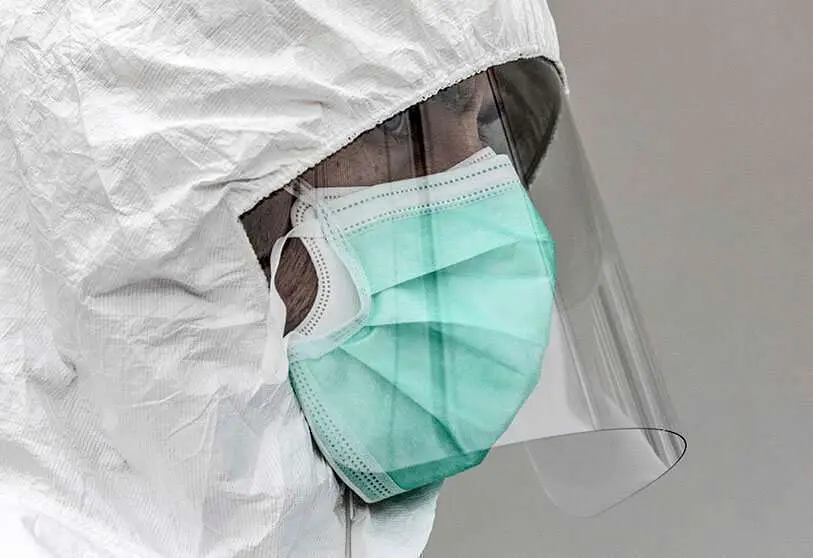The virus that came to stay forever

And life goes on... Of course not the same, but humanity will have to adapt, as it already did after the passage and settlement of other pests. All governments, and the citizens they govern, have already been warned: the new coronavirus "will never disappear". This has been proclaimed by Michael Ryan, the director of Emergencies of the World Health Organization (WHO), after recognizing that they have no idea when it can be defeated.
It is a warning that can be considered decisive, insofar as all countries will have to plan for its rearrangement, both at the national level and internationally. All this will have great consequences, such are the deep wounds inflicted on their societies; firstly, by the large number of deaths, and then by the emotional, economic and social consequences that have seriously altered human geography.
The strong measures of confinement or reclusion of the population, and the evident restrictions of freedoms have been observed and scrupulously respected in general, under the promise that such limitations were the price to be paid until the vaccine is found that will allow the citizens to return to normal functioning. It is true that the greatest movement of global scientific-medical collaboration in history has taken place, and that right now there are more than 150 multinational projects underway, eight of them promoted by Spaniards. The European Commission's initiative to raise 7,500 million euros to promote trials is worthy of note.
However, none of the researchers involved endorse the statements made by politicians and/or the so-called experts that such a vaccine could be achieved in a few months. Such an experience has never been achieved. It took 28 years to find the chickenpox vaccine, 15 years to find the papilloma vaccine, while the vaccine to prevent HIV infection is still to come, and 34 million people have already died of AIDS since the first death.
According to most of these scientists the average time to achieve results in biomedical research is between five and ten years. But, even if you force the machine, the minimum time to test the efficacy and safety of a vaccine would never be less than two years. If success were to follow, then industrial-scale manufacture and distribution would follow. The latter is obviously something that all countries, especially the least developed, want to access. This will therefore be the most important point at the WHO World Assembly, which starts on 18 May. The President of Pakistan, Imran Khan, the President of South Africa, Cyril Ramaphosa, and the Nobel Prize winner in Economics, Joseph Stiglitz, have already presented a document calling for universal and free access to the future vaccine, a claim that is all the more logical given that SARS-Cov-2, the virus that causes COVID-19, has travelled all over the planet mocking barriers and borders.
It is also clear that no country, no society, would put up with such a long period of stagnation as it would demand to wait for the appearance, certification and marketing of the above-mentioned vaccine, so that restarting the engine of the economy and reaching its cruising speed as quickly as possible becomes more than essential. In free societies, citizens will have to accompany the recovery of their freedom of initiative and movement with redoubled doses of prudence and the demand for respect, in accordance with the often forgotten principle that "your freedom limits mine".
The virus has come to stay forever as an annoying and deadly host. Accustomed to being guaranteed, falsely, total security, humanity in general, each citizen in particular, will now have the opportunity to see the risk they face when they do not take care of themselves and others. Also, that the irresponsibility of a minority should not serve as a pretext for governments with totalitarian impulses to punish and curtail the rights of the immense majority.

